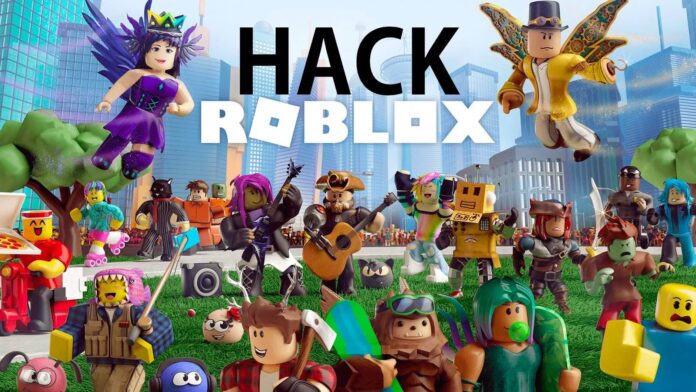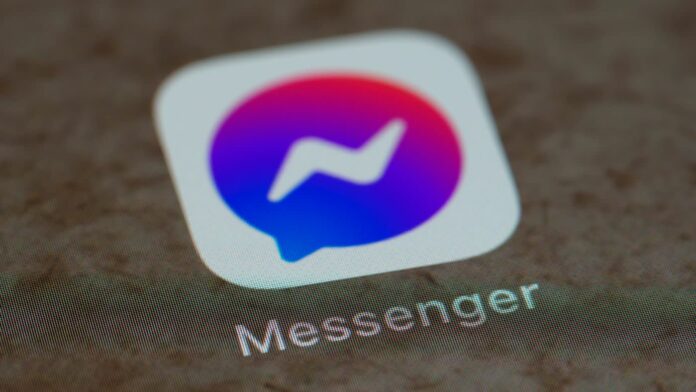A recent PS6 leak has ignited a firestorm in the gaming community. Early reports suggest that Sony might be moving even further toward a digital-first strategy for its next-generation console, with a detachable disc drive as the only option for physical media. While this approach could reduce production costs and streamline manufacturing, it has raised major concerns among gamers worldwide. Fans are calling it “the biggest L in gaming history,” fearing that the PlayStation 6 could mark the end of traditional physical game ownership.
What the PS6 Leak Reveals
The PS6 leak circulating online paints a picture of Sony taking a bold but controversial step in its hardware strategy. According to multiple sources, the PlayStation 6 is expected to launch in two primary versions: a fully digital model and another with a detachable disc drive. This mirrors the direction taken with the PS5 Slim, which already introduced a modular approach to physical media. Insiders suggest that Sony’s shift could be aimed at cutting shipping costs, simplifying production, and aligning with the rapidly growing digital games market.
Beyond hardware, rumors also indicate that Sony may integrate more powerful cloud-based features into the PS6. This could include instant streaming of PlayStation titles without full downloads, improved backward compatibility through cloud emulation, and tighter integration with the PlayStation Plus subscription service. While these potential upgrades sound appealing, they also reinforce concerns that physical games may become an afterthought in the PS6 era.
Why Gamers Are Alarmed
The backlash to the PS6 leak is rooted in deep-seated fears about the future of gaming ownership. For many, physical games are more than just discs—they represent permanence, collectability, and freedom from corporate restrictions. Here are the primary reasons for the uproar:
First, there is the fear of losing physical media altogether. Even if a detachable disc drive is offered, gamers worry it will be priced as a premium accessory, limiting access to those willing to pay extra. Without a standard disc version, owning, trading, and reselling games could become far more difficult. This could also impact game preservation, an issue that has become increasingly urgent as digital storefronts shut down older titles.
Second, there’s a perceived cost-versus-value problem. Players suspect that Sony could push additional costs into modular components or online services, potentially making the PS6 more expensive overall. A mandatory purchase of add-ons like a disc drive or enhanced subscription services could erode consumer trust, especially after years of price hikes on both consoles and games.
Third, trust issues have been building over time. The gaming community has seen companies roll back features, enforce restrictive digital rights management (DRM), and limit ownership freedoms. Microsoft faced similar backlash during the early days of the Xbox One for always-online requirements and DRM restrictions, eventually reversing course after public outrage. Gamers fear Sony could be repeating that mistake with the PS6.
Finally, there’s an emotional and aesthetic attachment to physical games. Collectors view their shelves of PlayStation discs as part of the experience—something a purely digital model can’t replicate. The PS6 leak, therefore, isn’t just about technical specs; it’s about a perceived loss of culture and tradition in console gaming.
The Bigger Industry Trend
The PS6 leak is symptomatic of a much broader industry shift toward digital-first ecosystems. Over 80% of game sales in recent years have been digital, according to market research. Subscription services like Xbox Game Pass, PlayStation Plus Extra, and cloud platforms such as Nvidia GeForce Now have normalized the idea of gaming without discs. For publishers, digital distribution offers higher profit margins and better control over pricing. For console makers, it reduces manufacturing complexity and shipping costs.
However, digital dominance also raises concerns about access and preservation. Without physical copies, players depend on servers staying online and companies maintaining rights to distribute older titles. When these services shut down, games can vanish overnight. The PS6 leak amplifies this tension by suggesting that Sony might accelerate this digital pivot.
Could This Be “The Biggest L in Gaming History”?
Calling the PS6 leak “the biggest L in gaming history” may sound hyperbolic, but it reflects genuine frustration. Gamers recall past controversies like the Xbox One’s initial always-online policies, Sony’s high launch price for the PS3, and the Nintendo Switch’s limited storage at release. Each case shows how misreading consumer sentiment can damage a console’s reputation for years.
If Sony proceeds with a digital-only emphasis and fails to provide affordable, accessible options for physical media, it risks alienating a significant portion of its fanbase. The backlash could also give competitors like Microsoft and Nintendo an opening to market their hardware as more consumer-friendly alternatives. This is especially critical as the console market grows more competitive and cloud gaming blurs platform boundaries.
Potential Features to Watch
Despite the controversy, the PS6 leak also hints at promising innovations. Reports suggest that Sony is working on a more powerful custom CPU and GPU to deliver true 8K gaming and advanced ray tracing. There’s speculation about faster SSD storage, improved haptic feedback in controllers, and deeper integration with PlayStation VR to push immersive experiences even further.
If these features materialize, they could offset some of the negative perception around the shift to digital. Gamers might accept a detachable disc drive if the PS6 delivers a major leap in performance, backward compatibility with PS4 and PS5 titles, and enhanced cloud gaming options that don’t compromise ownership.
What Sony Can Do to Win Back Trust
Sony still has time to avoid turning the PS6 leak into a PR disaster. First, it can clarify its plans early, making clear whether physical media will remain an equal option or become an optional extra. Transparent communication about pricing, availability, and performance parity between models could calm fears.
Second, Sony could ensure that the detachable disc drive is both affordable and widely available at launch. Bundling the drive with certain models or offering launch discounts would demonstrate goodwill toward long-time PlayStation fans.
Third, the company can double down on backward compatibility and game preservation. Guaranteeing that physical PS4 and PS5 discs will work seamlessly on the PS6, or that digital purchases will remain accessible for the long term, would go a long way in restoring trust.
Finally, Sony should listen actively to community feedback during the lead-up to launch. The gaming community has a history of shaping corporate decisions through vocal backlash, and companies that respond proactively tend to recover faster from controversies.
The Future of Console Gaming
The PS6 leak highlights an industry at a crossroads. On one hand, digital and cloud gaming are undeniably the future. On the other, physical media remains a vital part of gaming culture, ownership, and preservation. The challenge for Sony is to balance these two forces without alienating its most loyal customers.
If Sony handles the rollout well, the PS6 could become a model for hybrid distribution, offering cutting-edge performance with flexible ownership options. But if it mishandles the transition, the PS6 could indeed go down in history as a cautionary tale—a bold experiment that backfired by underestimating the passion gamers have for physical media.
Also read: Exciting Sony PS6 Handheld Leaks: A Switch 2 Rival with Next-Gen Power
Conclusion
The PS6 leak has sparked one of the biggest debates in recent memory about the future of console gaming. While much of the information remains unconfirmed, the rumors alone have been enough to provoke outrage and speculation. Sony’s next move will determine whether this PS6 leak becomes a footnote in PlayStation history or a defining moment of consumer backlash.
Gamers want innovation, but they also want choice, fairness, and respect for the traditions that have defined console gaming for decades. The PlayStation 6 could still deliver on all fronts—but only if Sony listens to its fans and navigates the digital transition carefully.



